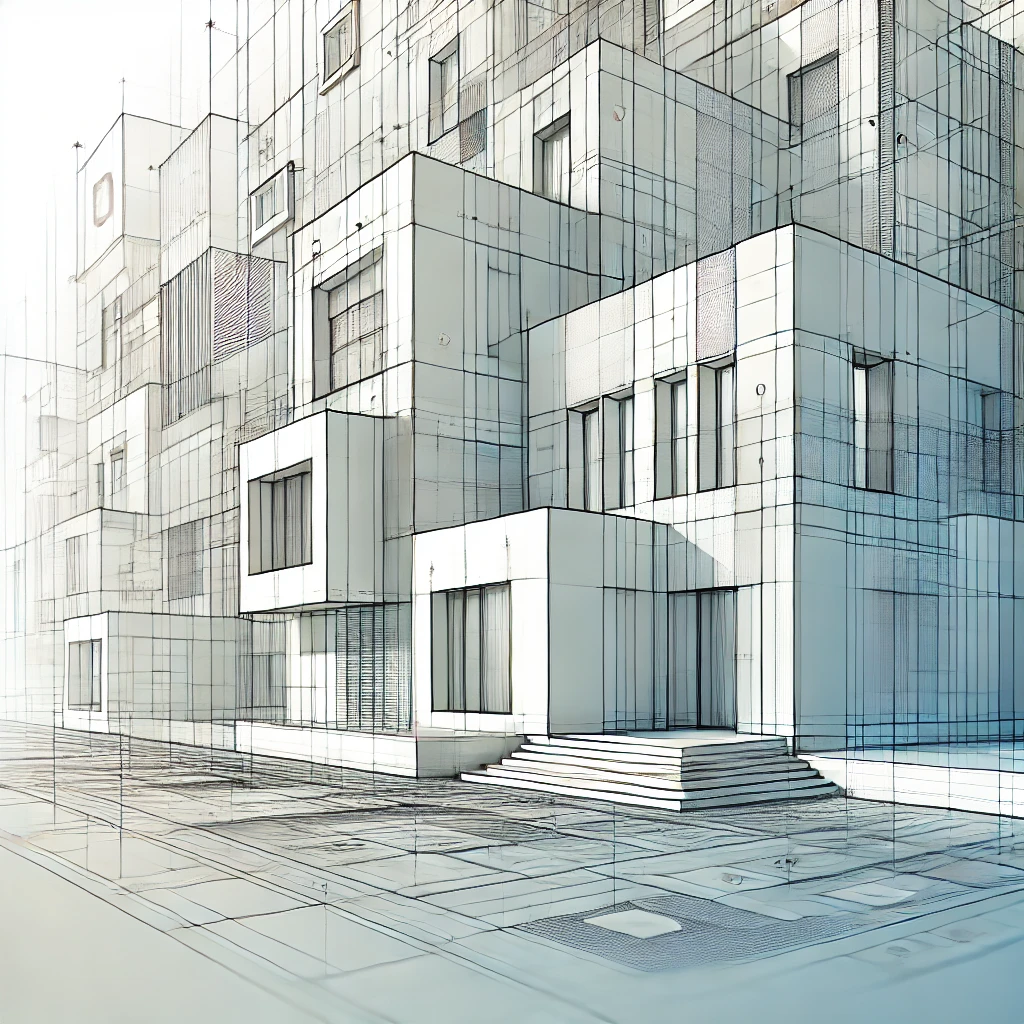Whether you have a question, need a consultation, or are ready to start your project, we're here to help. Reach out to discuss how adaptive facade solutions can elevate your building’s efficiency and aesthetics.

Fill out the form below with your project details or any questions. We'lll get back to you promptly to discuss how we can collaborate on your adaptive facade project.
An adaptive facade is a building exterior designed to respond dynamically to environmental changes, such as sunlight, temperature, and wind. By integrating smart materials and technologies, these facades can adjust their properties—like opacity, insulation, or airflow control—in real time. This helps optimize energy use, improve indoor comfort, and reduce the building's environmental impact.
The energy savings from an adaptive facade vary depending on the building’s location, climate, and the specific adaptive technologies used. On average, buildings with adaptive facades can reduce energy costs by up to 30%, thanks to decreased reliance on HVAC systems and artificial lighting.
Adaptive facade materials are chosen for their durability and long lifespan. For instance, aluminum louvers are corrosion-resistant, and phase-change materials used in temperature-regulating panels are tested for resilience under various environmental conditions. These products are designed to withstand harsh weather and maintain optimal performance over time.
Yes, adaptive facades can be implemented on various building types, including commercial, residential, and institutional structures. Depending on the specific requirements, adaptive elements can be customized to enhance energy efficiency, comfort, and sustainability, regardless of the building’s size or location.
Absolutely. Many adaptive facade systems, such as solar-responsive glass panels and wind-activated louvers, are designed to be compatible with existing structures. Retrofitting an existing building can significantly enhance its energy efficiency and bring it up to modern sustainability standards.
Adaptive facades generally require minimal maintenance. Most systems, like motorized shades and solar-responsive panels, are designed with low-maintenance materials. However, periodic inspections to ensure optimal functionality are recommended, especially for automated and dynamic components.